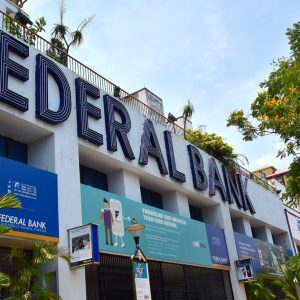
In response to record demand for trade finance the European Bank for Reconstruction and Development (EBRD) has increased the total exposure limit of its Trade Facilitation Programme (TFP) to €3 billion, a rise of 50 per cent on the previous maximum of €2 billion for 2020.
As the coronavirus pandemic began to severely disrupt global trade flows, the EBRD saw an unprecedented surge in requests for its services: to date, the Bank has financed more than 1,000 foreign trade transactions with a new record business volume of €1.8 billion in 2020 and increased limits with 10 partner banks for a total of €500 million.
Trade finance was immediately identified as a core area of intervention when the EBRD responded to the pandemic with a solidarity package which also includes emergency working capital and liquidity injections for existing clients, investment restructuring and support for vital infrastructure services. The Bank expects to dedicate the entirety of its investments of up to €21 billion during the period 2020-21 to combating the economic impact of the Covid-19 crisis.
Jürgen Rigterink, EBRD Acting President, said: “Trade finance has been a crucial part of our response to the coronavirus pandemic from day one and we are grateful to our shareholders for approving today a significant extension of the programme. This will allow us to keep even more vital trade going and effectively counter the economic damage caused by the virus.”
The coronavirus pandemic is having a serious impact on trade flows and supply chains across the world, increasing the demand for trade finance as importers and exporters juggle with new and sometimes more complex supply routes.
As a result, financing periods have become longer, importers have to keep higher stocks, foreign exporters are requesting payment by documentary credits and demand for trade finance has increased. The delivery of goods under foreign trade contracts has been delayed.
Many importers and exporters have requested extensions of the tenors of payment guarantees, performance bonds and cash advances. At the same time, many foreign commercial banks have reduced their trade finance facilities due to a rapid deterioration of the business climate and the risk outlook.
As a result, the EBRD has seen a record demand for its TFP, which was established in 1999 with the aim of promoting foreign trade to, from and among the economies in which the EBRD invests through a range of products to facilitate this trade.






